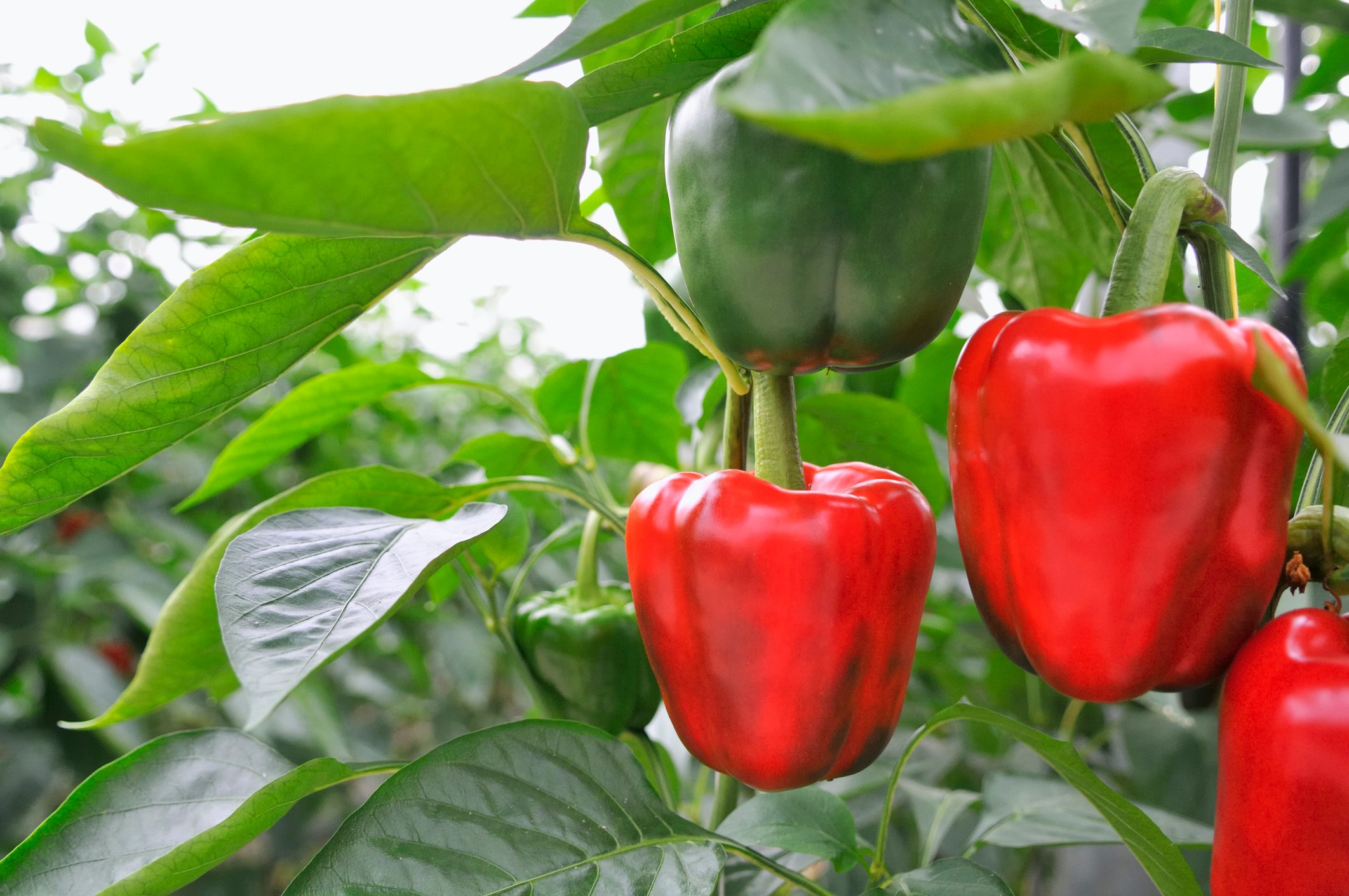“Why not give it a shot? If you’re on the fence between Ceres Imaging and any other moisture-sensing system, it’s a no-brainer, in my opinion.”
Founded in 1947, Filice Farms is a third-generation family farm whose innovative team now manages a diverse line of conventional and organic products—including peppers, onions, lettuces, spinach, broccoli and tomatoes as well as Bing cherries and Blenheim apricots.

At Filice Farms, peppers are planted into plastic mulch with two sets of buried drip tape: when drip emitters get clogged or the tape itself leaks, the team can switch to the backup set of tape. Recognizing when and where to do this can be challenging: even when the effects of an irrigation problem are visible to the naked eye, the crew still needs to dig into the mulch to pinpoint the cause. By then, it’s often too late to prevent an impact on yield.
The team at Filice Farms wanted a better way to prevent damage to the sensitive bell pepper crop. They partnered with Ceres Imaging to assess the fields throughout the growing season, pinpointing areas of stress that may indicate an irrigation issue. Now, rather than scouting the crop by row, crews can go directly to the trouble spots, saving time and addressing water stress more quickly. “We experimented with soil probe sensors, in some fields, but it didn’t give us enough information, without having 100 different probes in the ground at once,” says Felice Farms production manager Joe Newman. “With our variation of soil types in a 50 to 60-acre field, it would take a lot of probes to get a clear picture. Imagery provides a snapshot of the entire field with varying soil conditions and water stress, while pinpointing issues that need attention.”
Since partnering with Ceres Imaging, Filice Farms has seen improved uniformity in the peppers and yield increases of 10-20 percent.

“Imagery provides a snapshot of the entire field, with varying soil conditions and water stress, while pinpointing issues that need attention.”